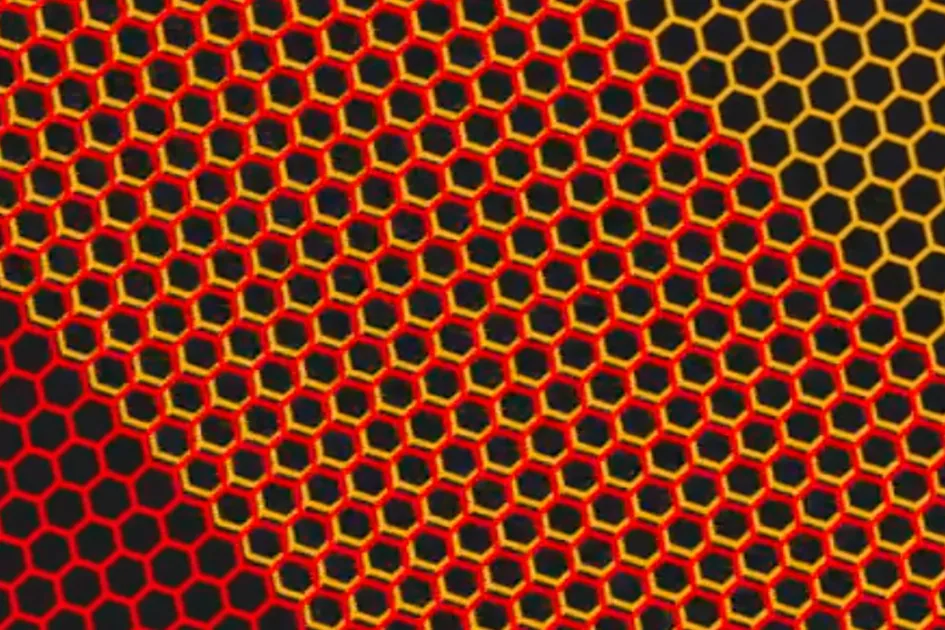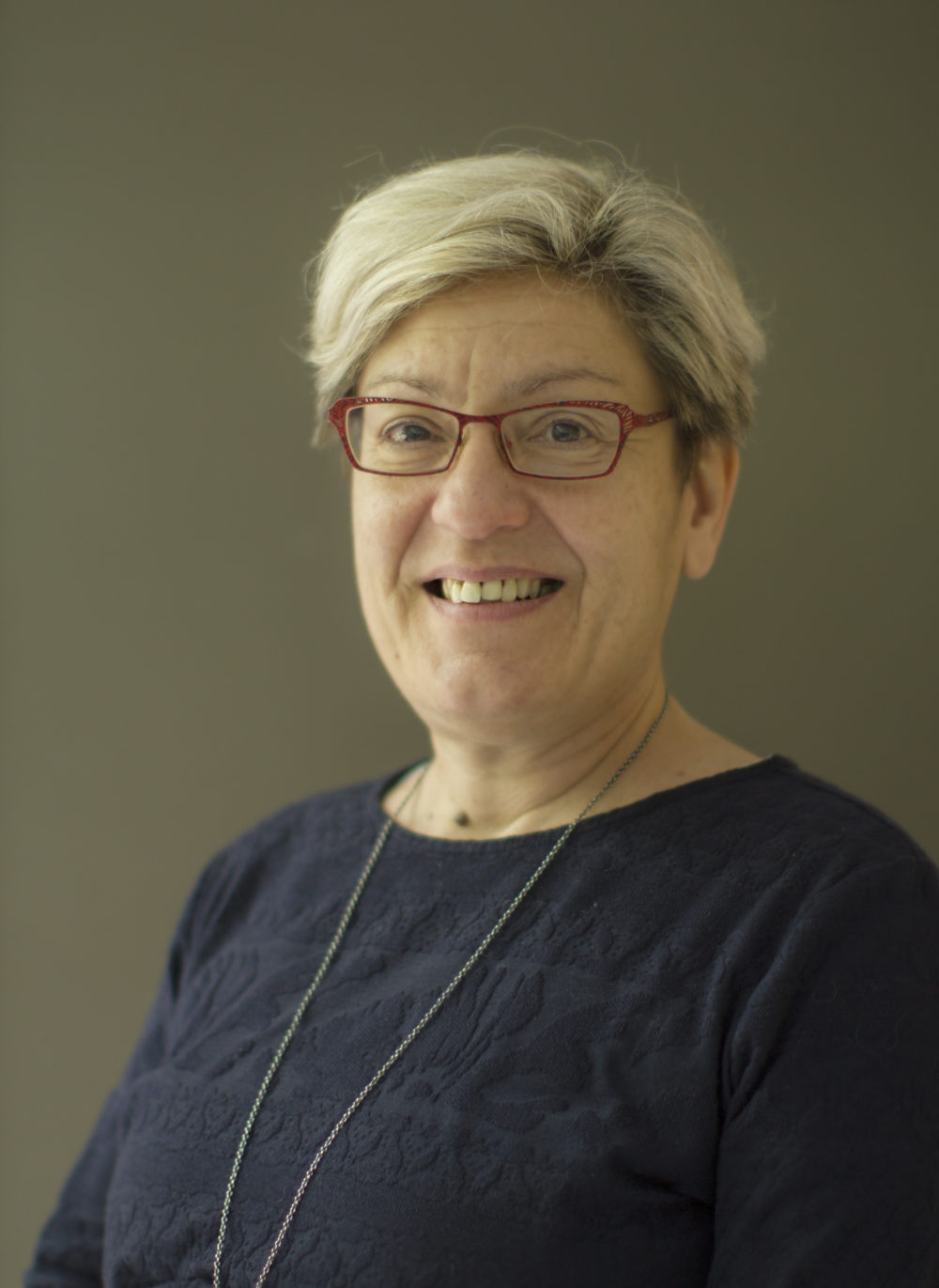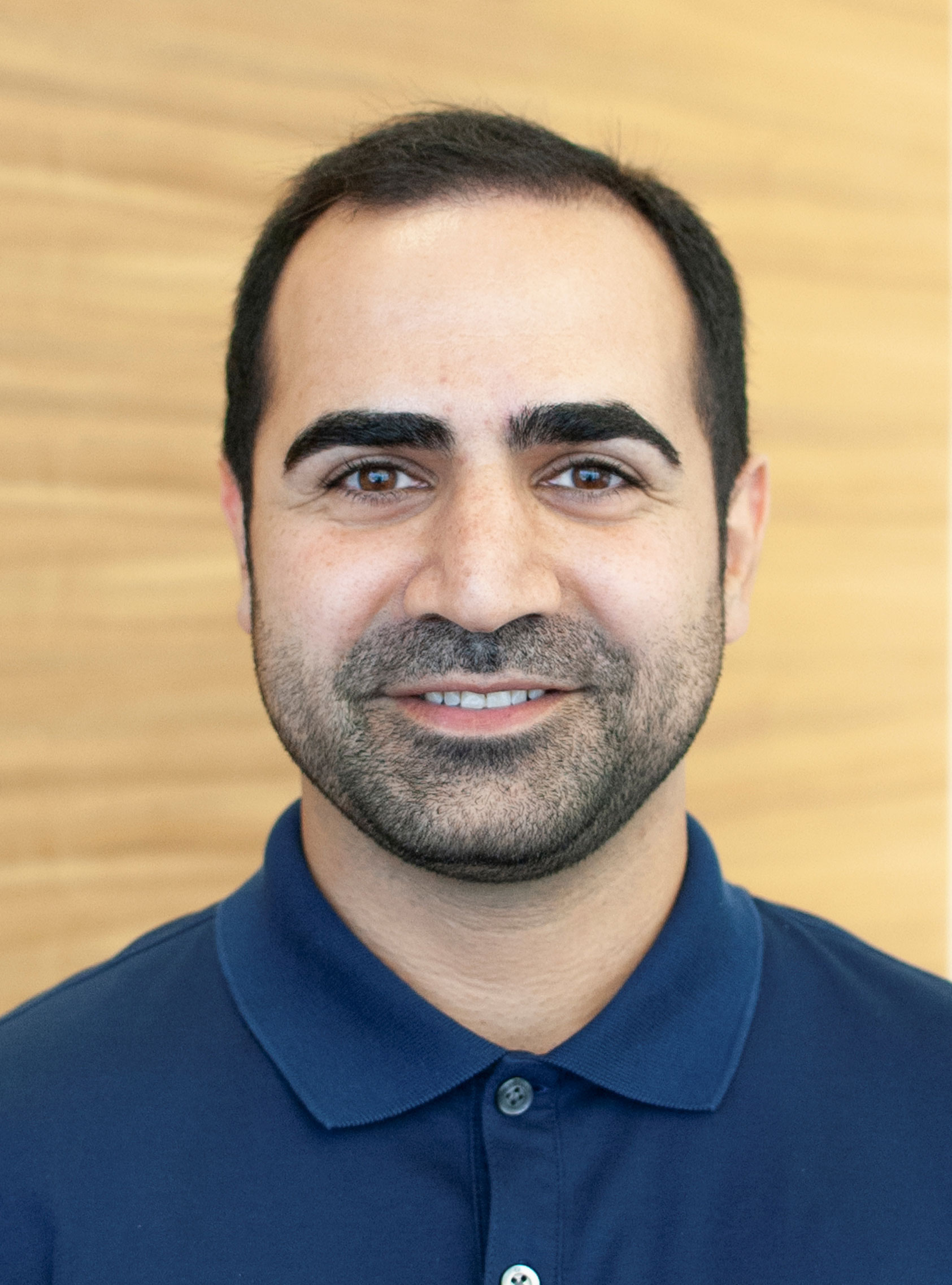Three exotic new species of superconductivity were spotted last year, illustrating the myriad ways electrons can join together to form a frictionless quantum soup.
New Superconductive Materials Have Just Been Discovered


Three exotic new species of superconductivity were spotted last year, illustrating the myriad ways electrons can join together to form a frictionless quantum soup.

Dec. 14, 2024
Maria Huffman, director of the University of Washington’s Washington Nanofabrication Facility, is part of a new, state-wide group of leaders from universities, research institutions, technology companies and the government who aim to strengthen the state’s semiconductor industry.
The group, organized by the Washington Department of Commerce, will work to attract federal funding through the CHIPS and Sciences Act.
Dec. 16, 2024
UW ECE Assistant Professor Sajjad Moazeni and graduate students in his lab are part of a multidisciplinary, multi-institutional research team developing a new, three-dimensional imaging system for early detection of lung cancer. This disease is one of the most common cancers worldwide, and in the U.S., it accounts for one in five cancer deaths, according to the American Cancer Society, which notes that early detection is key to survival.

Nov. 14, 2024
The human body contains a vast, complex, and interconnected web of organic tunnels and passageways that weave their way through the cardiovascular, respiratory, and digestive systems. For physicians, reaching into this maze of arteries, bronchial tubes, and gastrointestinal chambers to view and treat diseased or damaged tissue can be, to put it mildly, challenging. Many of these conduits are long and winding but small in diameter, and they can narrow down to microscopic dimensions. Medical devices built to navigate and optically view these areas must be flexible, maneuverable, and carry a light source.
Imagine a material that can be stretched and pulled out of shape that not only returns to its original shape but also grows stiffer and stronger each time. University of Washington researchers have developed a new “strain learning” metamaterial. Inspired by how nature strengthens materials—like how bones repair themselves or how spider silk becomes stronger when stressed—this innovation could significantly impact industries that rely on durable, adaptable materials, especially medicine.

Biochemist David Baker was named a Nobel Prize recipient yesterday (Oct. 9). The computational biologist, professor of biochemistry at the University of Washington School of Medicine, and director of the UW Medicine Institute for Protein Design has been awarded the 2024 Nobel Prize in Chemistry for his work in computational protein design. By harnessing the power of computing, Baker has transformed biological research.
Sites from across the National Nanotechnology Coordinated Infrastructure (NNCI) contributed stunning, unique, and whimsical images of the micro and nanoscale for the Plenty of Beauty at the Bottom 2024 image contest. Ankush Nandi, a mechanical engineering Ph.D. student in the Vashisth Research Lab, was recognized for his photo, “Shai-Hulud and the Ripples in Sand,” which he took with an Apreo1 SEM by ThermoFisher Scientific. Nandi’s photo received honorable mention in the “most stunning” category.

One of the drawbacks of fitness trackers and other wearable devices is that their batteries eventually run out of juice. But what if in the future, wearable technology could use body heat to power itself?
UW researchers have developed a flexible, durable electronic prototype that can harvest energy from body heat and turn it into electricity that can be used to power small electronics, such as batteries, sensors or LEDs. This device is also resilient — it still functions even after being pierced several times and then stretched 2,000 times.

The University of Washington (UW) Institute of Nano-Engineered Systems (NanoES) awarded Electrical & Computer Engineering Ph.D. student Rui Chen its 2024 Student Achievement Award. Chen was recognized at the NanoES Symposium on May 23.

The National Center for Earth and Environmental Nanotechnology Infrastructure (NanoEarth) hosted the tenth annual NanoTechnology Entrepreneurship Challenge (NTEC) on April 30th. This year, 15 teams competed from seven separate sites, incorporating 18 students. The Northwest Nanotechnology Infrastructure (NNI) supported one team. The NNI Team was led by student Saowaluk Soonthornkit, researching “Durable Double Perovskite SrColrO3 Electrocatalyst for Acidic Media Water Electrolyzer”. Zhenxing Feng, Ph.D, Associate Professor at Oregon State University, served as the team mentor.